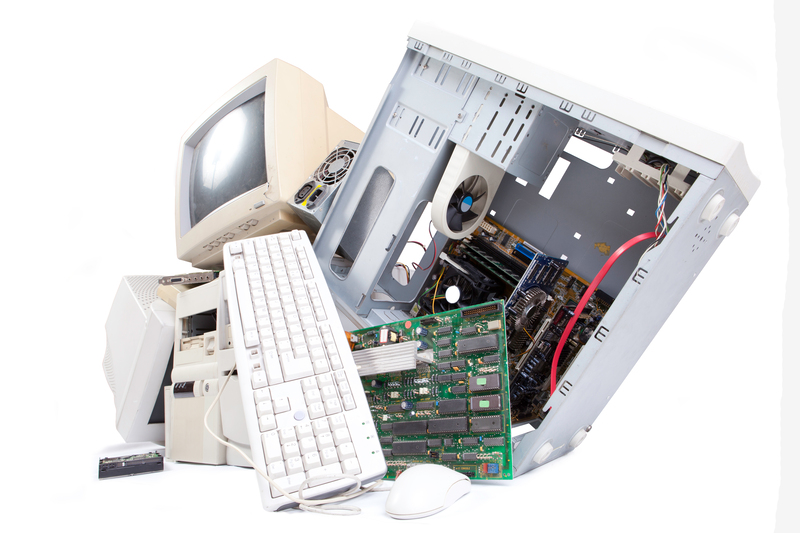Introduction to Waste Transfer Notes
Posted on 12/09/2025
What Are Waste Transfer Notes?
Waste Transfer Notes are documents required in many jurisdictions to legally transfer waste from one party to another. They contain critical information about the waste being transferred, including details about the type of waste, the parties involved in the transfer, and the date of transfer. This document ensures traceability and accountability, helping regulatory agencies monitor and control waste management practices.

Importance of Waste Transfer Notes
WTNs are essential for several reasons. Firstly, they help in maintaining compliance with legal requirements pertaining to waste management. Failing to produce a WTN when required can result in hefty fines or other penalties. Secondly, these notes contribute to environmental protection by ensuring that waste is handled safely and responsibly. They provide a paper trail that can be audited to ensure compliance with waste disposal regulations.
How to Complete a Waste Transfer Note
Completing a Waste Transfer Note requires accurate and detailed information. The following elements are typically included:
- Description of the Waste: This includes the type of waste, its composition, and any classification codes.
- Quantity of Waste: The volume or weight of the waste being transferred.
- Origin of Waste: The location or business where the waste originated.
- Destination of Waste: The facility or location to which the waste is being transferred.
- Date of Transfer: The specific date when the transfer occurs.
- Signatures: Signatures from both the transferring and receiving parties to authenticate the document.
Roles and Responsibilities
Both the waste producer and recipient have roles and responsibilities when it comes to WTNs. The waste producer is responsible for accurately describing and quantifying the waste. The recipient must ensure that the waste is handled, stored, and disposed of in compliance with local regulations. Both parties must retain copies of the completed WTN for regulatory purposes.
Electronic Waste Transfer Notes
With advancements in technology, electronic WTNs are becoming increasingly common. These digital documents offer several benefits over their paper counterparts, including easier storage, streamlined completion, and better accessibility for auditing purposes. They can also integrate with other waste management systems, providing a more cohesive approach to waste tracking.
Pros and Cons of Waste Transfer Notes
Like any regulatory requirement, Waste Transfer Notes have their pros and cons.
Pros:
- Ensures legal compliance and helps avoid penalties.
- Contributes to environmental protection by ensuring proper waste management.
- Provides a clear audit trail for waste movements.
- Facilitates better communication between waste producers and waste handlers.
Cons:
- Can be time-consuming to complete, especially for small businesses.
- Requires accurate information, which may not always be easy to obtain.
- Electronic WTNs may necessitate additional investment in software and training.
Tips for Effective Use of Waste Transfer Notes
- Stay Organized: Keep all WTNs in an organized manner, either digitally or physically, for easy access and auditing.
- Accuracy is Key: Ensure that all information is accurate and up-to-date to avoid any legal complications.
- Training: Train all relevant staff on how to complete and handle WTNs correctly.
- Regular Audits: Conduct regular audits to ensure that all WTNs are properly completed and stored.

Takeaways
Waste Transfer Notes are indispensable tools in the responsible management of waste. Their primary role is to ensure that waste is transferred legally and safely, providing a clear record for regulatory agencies. By maintaining accurate and comprehensive WTNs, businesses can demonstrate their commitment to environmental sustainability and legal compliance.
Conclusion
In summary, Waste Transfer Notes are a crucial component in the chain of responsible waste management. They offer numerous benefits, including legal compliance, environmental protection, and accountability. Despite some challenges, the effective use of WTNs can greatly enhance a business's waste management practices. By understanding their importance and following best practices, companies can contribute to a cleaner, safer, and more sustainable environment.
Latest Posts
UK's Environmental Issues: Waste Dumping
Effortless Household Recycling Ideas






